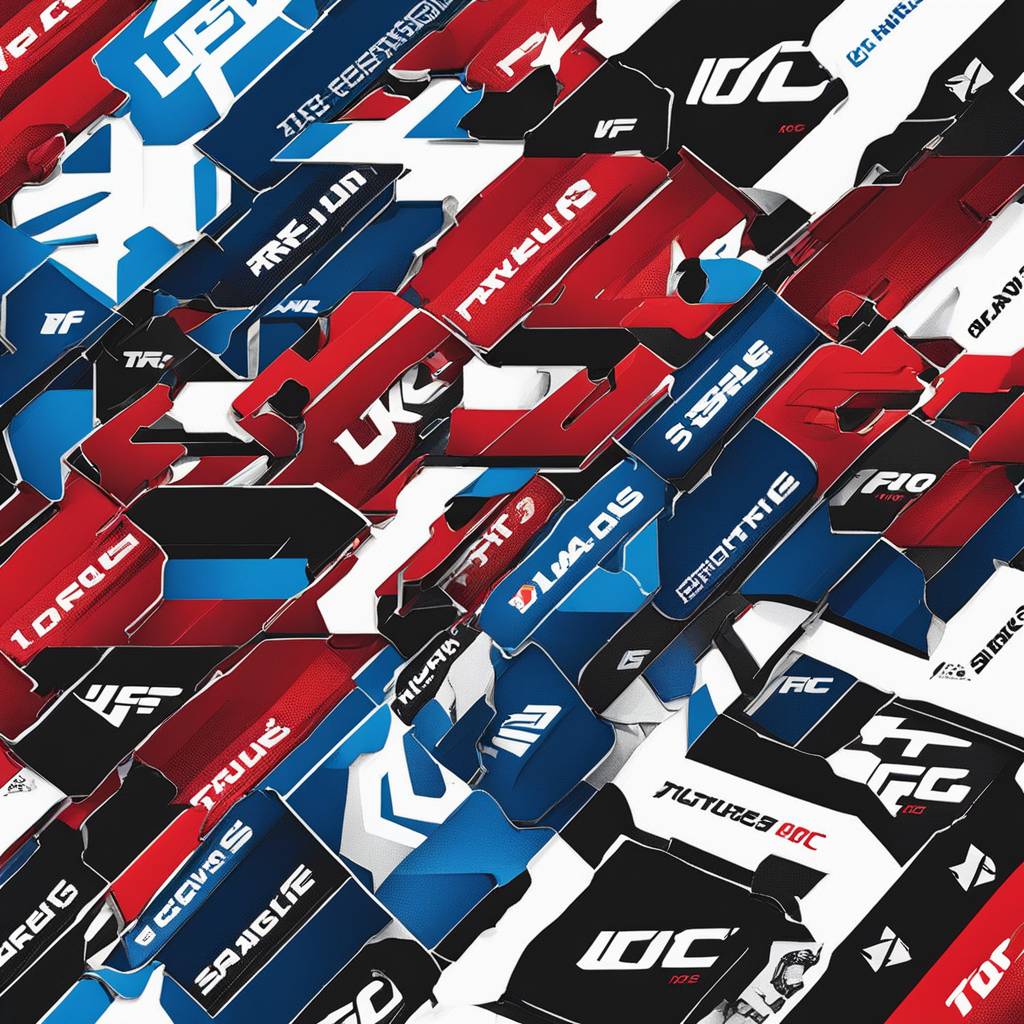TKO, the parent company of UFC, has agreed to pay $335 million to settle two class-action lawsuits brought by former UFC fighters accusing the promotion of violating antitrust laws and suppressing wages. The settlement allows TKO to avoid a trial that was set for April, with the lawsuits originally seeking up to $1.6 billion in damages. The payout will be made through periodic payments that will be tax-deductible, with the specific terms of the settlement expected to be disclosed soon.
Over 1,200 fighters were represented in the lawsuits, which alleged that the UFC maintained a monopoly in the mixed martial arts market and used its power to keep fighter wages low. The damages sought in the lawsuits ranged from $894 million to $1.6 billion. Despite the substantial payout, investment firm Guggenheim Securities views the settlement as a positive outcome for TKO, suggesting that it clears the way for potential shareholder returns later in the year. The Mixed Martial Arts Fighters Association also expressed approval of the settlement, calling it a victory for both past and current UFC fighters.
In response to the settlement news, TKO’s stock rose by more than 7% on Wednesday afternoon, reaching nearly $87 per share. Fighter pay has been an ongoing issue in the UFC, with athletes advocating for higher compensation to cover training costs, coaching fees, and healthcare expenses. Some fighters have even taken on side jobs to make ends meet, such as UFC flyweight champion Alexandre Pantoja, who worked as an Uber Eats driver during his title run. While top-ranked fighters can earn substantial amounts from their performances and bonuses, there is still a push for increased pay across the board.
The settlement between TKO and the former UFC fighters marks a significant development in the ongoing debate over fighter pay and antitrust issues within the MMA industry. The resolution of these lawsuits through a substantial payout demonstrates a willingness to address and rectify concerns raised by athletes. Moving forward, the UFC and other promotions may face heightened scrutiny and pressure to ensure fair compensation and competitive practices for fighters. As the details of the settlement are finalized and implemented, the effects on the UFC and the broader MMA landscape will become clearer.
For more information on the settlement and the background of the lawsuits, interested readers can refer to additional sources such as articles from Forbes and The Hollywood Reporter. These resources provide further insight into the legal battle between TKO and the UFC fighters, as well as the implications of the settlement on the industry as a whole. The outcome of this case could have far-reaching impacts on how fighter pay and antitrust issues are addressed in MMA, shaping the future of the sport and the treatment of its athletes.


